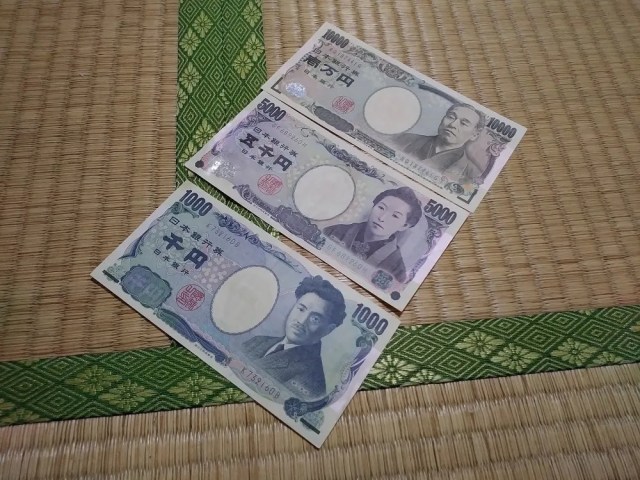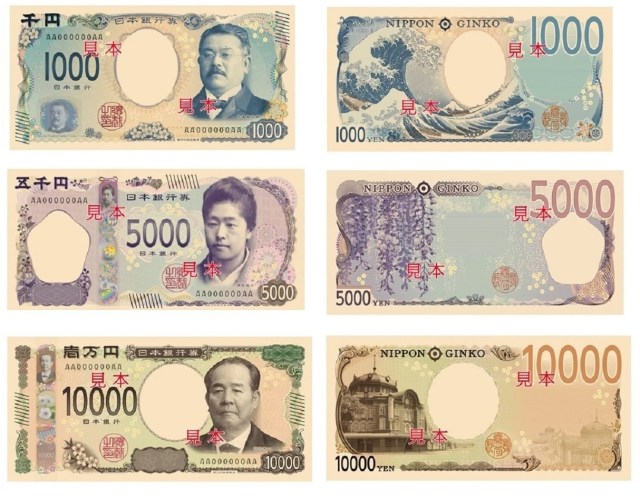Japan is changing its yen bills soon, so beware of scam artists, government warns

New bills go into circulation this summer.
There’s a big release date coming up in Japan on July 3. It’s not a new video game, anime series, or Japanese Frappuccino, though. It’s the day Japan’s new yen bills go into circulation.
The first redesign of Japan’s paper currency in 20 years is something the government announced back in 2019, and in fact the yen bills currently in use in Japan haven’t been printed since 2022. The new 1,000, 5,000, and 10,000-yen bills not only change up the dignitaries who appear on their front sides, but also have new artwork on their backs, including a reproduction of Japan’s most famous painting, The Great Wave off Kanagawa.
▼ Preview images of the new bills, with “SAMPLE” (見本) markings

Less than two months before the new bills go into circulation, though, the Bank of Japan feels the time is right for a reminder about how currency updates work, and also a warning to beware of scam artists looking to take advantage of the situation, with the following statement made through the organization’s official Twitter account.
“Current-design bills can still be used even after the new bills have been issued, so there is no need to exchange your current bills for the new versions. Please be cautious of false claims that ‘Your current bills will become unusable’ and related fraud attempts.”
▼ The message was accompanied by a photo of the current bills.
The worry is that scam artists will try to convince people that valid current-design cash is just worthless paper after the new bills go into circulation, and offer to exchange them for the new bills while charging a hefty handling or transaction fee in the process.
To money-savvy individuals, that might sound like something you’d have to be pretty gullible to fall for. However, with it having been 20 years since the last yen redesign, and another 20 since the one before that, there are a lot of people for whom this will be the first redesign since they’ve become adults who handle their own money, and their lack of experience might make them vulnerable, especially in a country where many transactions involve putting cash in a vending machine and are reliant on an internal, computerized process (the new bills actually do pose an issue for vending machines, but only because they’ll need updates in order to accept the new versions). Fraudsters might also target senior citizens with reduced cognitive functions, and it’s possible scammers could also go after foreign tourists coming to Japan during the country’s unprecedented inbound travel boom by trying to convince them that the money they either brought with them or got at the currency exchange after arriving is no good.
So remember, whether you’ve got the new versions or the old ones, yen is yen, and anyone who tells you differently is trying to pull a fast one. Oh, and even though it isn’t pictured in the Bank of Japan’s tweet, the current 2,000-yen bill will remain legal tender too, even though it’s rare enough that the Bank didn’t even bother to redesign it.
Source: Bank of Japan via IT Media
Top image ©SoraNews24
Insert images: Ministry of Finance
● Want to hear about SoraNews24’s latest articles as soon as they’re published? Follow us on Facebook and Twitter!
Credit:

0 comments:
Post a Comment